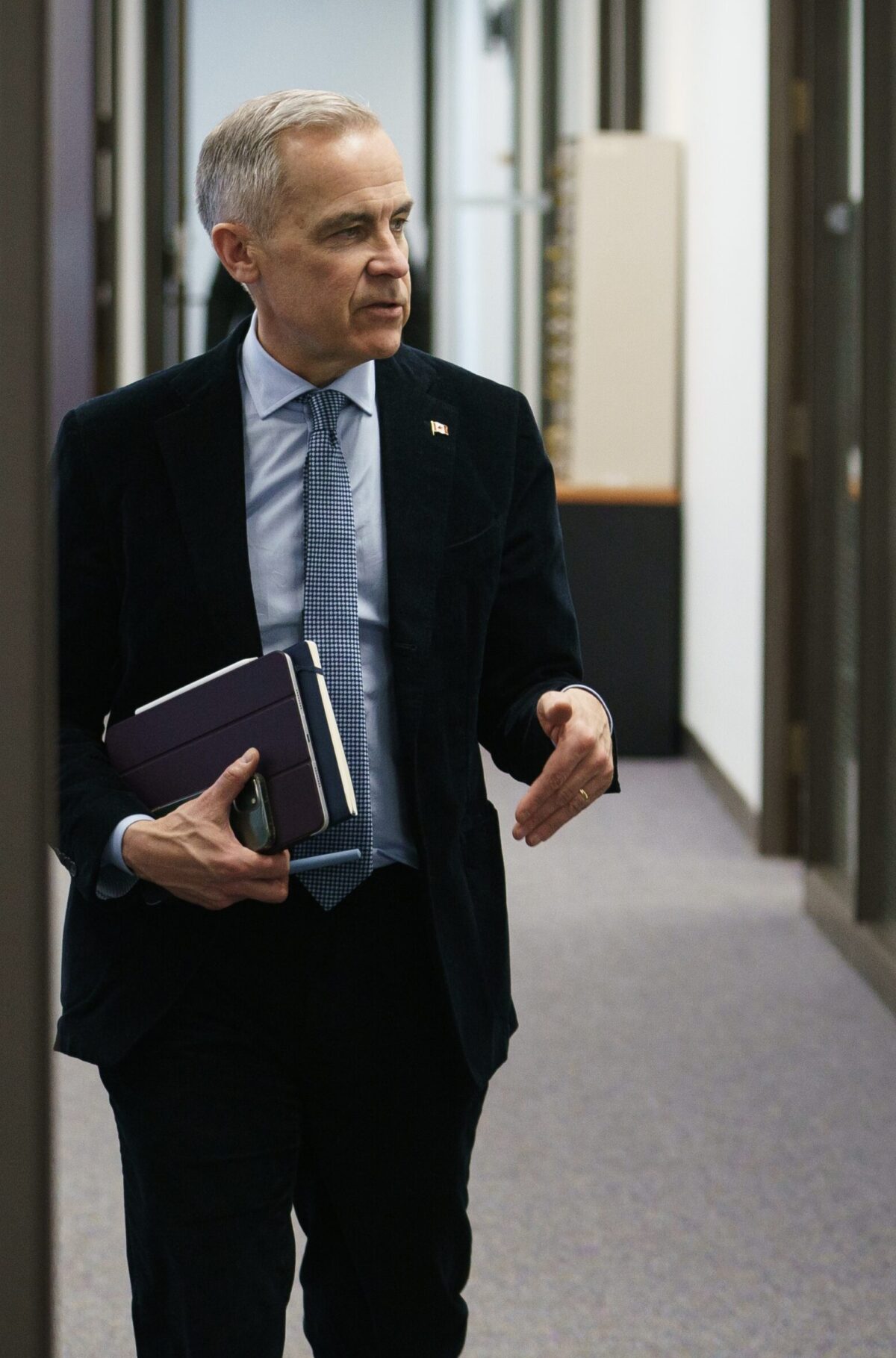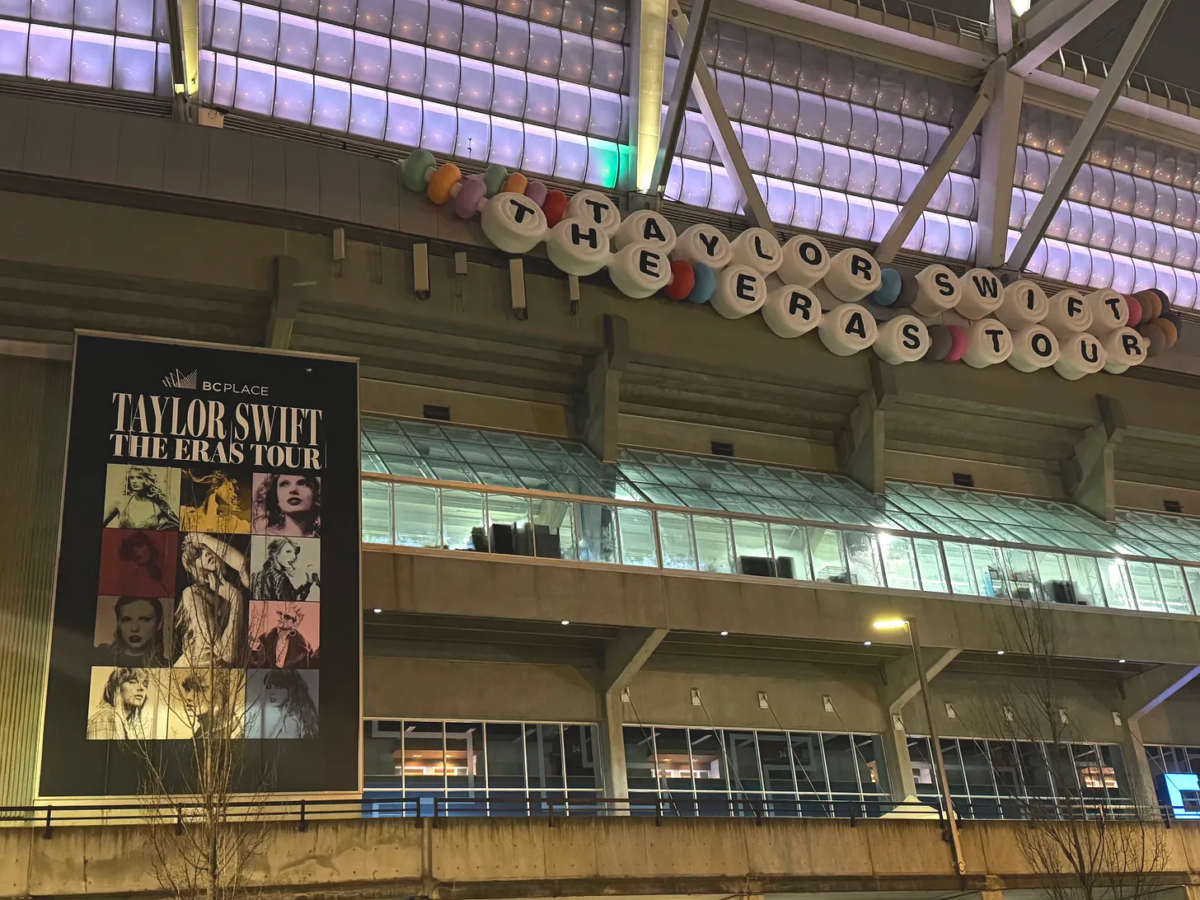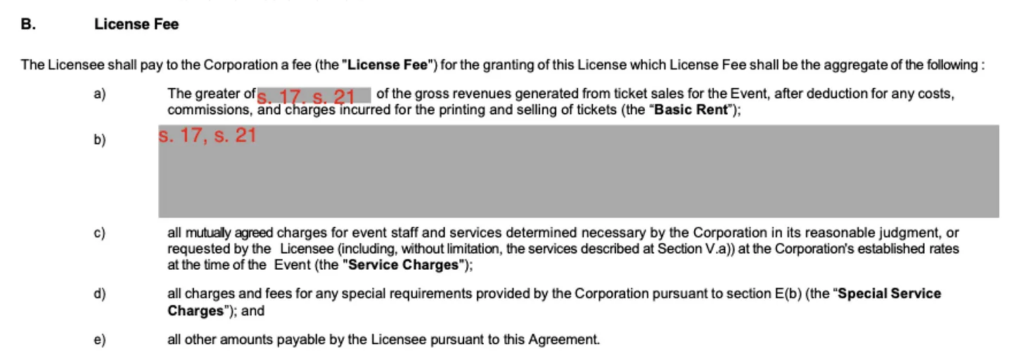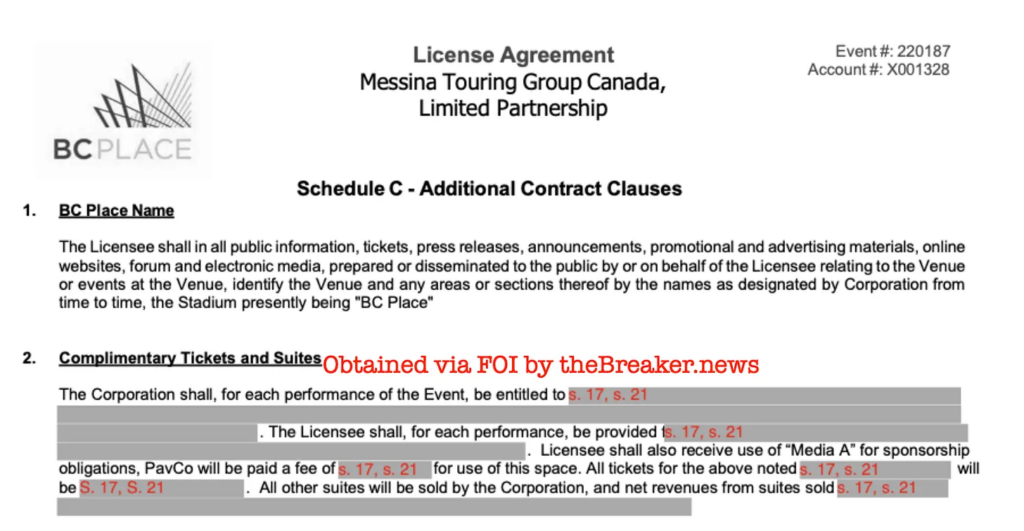Bob Mackin
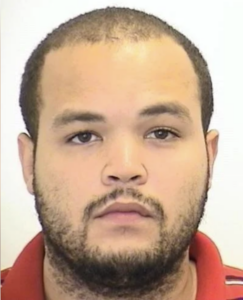
Tyrell Evans (Toronto Police Service)
West Vancouver Police Department (WVPD) issued an unusual public warning to stay away from the 800-block of King Georges Way on the morning of May 22, 2024, when they arrested Evans at a mansion advertised as a $20,000-a-month short-term rental.
WVPD later said officers responded to calls that a woman was in distress. Evans was charged with possession of a weapon for a dangerous purpose, assault causing bodily harm and assault by choking.
Prosecutor Samantha Norton had proposed 12 months in jail and 18 months probation. In the case summary, Norton told the court that police set-up a “silent containment perimeter” after they were called to the area on May 21. Around 7:30 a.m. the next morning, Evans came downstairs. Through large windows in the rear of the mansion, he saw some of the officers in the backyard, picked up a 10-inch knife from the kitchen and said “just shoot me” and “I’m not going back.”
Police had their guns drawn. Evans remained inside, pacing, drinking and speaking on the phone.
“He gestured with the knife,” Norton told the court. “He did not point the knife at police or himself.”
Evans went upstairs and out of sight for approximately 40 minutes before he surrendered without incident at the front door.
Evans appeared for his sentencing by video conference from Matsqui Institution. Defence lawyer William Jessop said Evans arrived in B.C. around May 18 and stayed with other individuals who rented the Airbnb for the Victoria Day long weekend “for lack of a better term, consuming alcohol and partying.”
At the time of the West Vancouver arrest, Evans had been on full parole for almost 14 months with conditions that included a ban on alcohol consumption and to report any friendships or relationships with women.

British Properties crime scene on May 22, 2024 (Mackin)
A Sept. 2 Parole Board of Canada (PBC) report obtained by theBreaker.news said Evans was sentenced to seven years and four months in Ontario after pleading guilty to possession for the purpose of trafficking, assault with a weapon, possessing property obtained by crime and dangerous operation of a motor vehicle.
In April 2017, Evans pointed a handgun at a man’s head, but the gun did not discharge. In August 2017, Evans led police on a chase, but they found oxycodone pills and ammunition the next day at his home. In September 2018, Evans crashed a vehicle and fled the scene, but police found cash and 2.66 kg of cocaine nearby.
PBC decided to revoke parole because of the West Vancouver incident. Evans had failed to disclose the girlfriend to a bail officer for a two-year period and had not requested permission to travel to B.C. That report cited the WVPD investigation and described the allegations of assault.
“The victim had reported that you kicked her in the chest and punched her face numerous times and would grab her hair and push it against the floor,” said the PBC report by member Janelle Jackiw. “The police described her injuries to be serious and they attested that the victim will have long months to fully recover and that she would not be able to recognize herself when she looks at herself in the mirror.”
Those details were not mentioned in the Jan. 23 sentencing hearing, which focused on what Evans did with the knife and said to police.
“Based on what Mr. Evans said, I suppose it was an attempt to hurt himself, to get the police to shoot him,” Hamilton said. “But that didn’t materialize. On the sort of continuum of possessing a weapon for a dangerous purpose, nobody was threatened, nobody was hurt.”
Citing its policy, the B.C. Prosecution Service refused to explain why it dropped the charges that Evans assaulted his girlfriend. Spokesperson Damienne Darby said the Crown charge approval standard is based on the public interest and substantial likelihood of conviction.
“I can say that the decision to stay two of the charges in this case was made after further information was received by the prosecutor with conduct of the file,” Darby said. “After reviewing this information and the rest of the file materials the prosecutor concluded the charge approval standard could no longer be met. In these circumstances a stay of proceedings is the appropriate course of action.”
Parole Board members Alison Scott and Kathleen Gowanlock originally ruled in April 2023 in favour of full, conditional parole for Evans, after concluding that he did not present an undue risk to society.
Evans’s statutory federal release date is in June. Hamilton decided that he must not possess weapons, including knives, except for working or eating. After finishing his provincial sentence, Evans must leave B.C. within seven days of release and not return for the length of the probation order.
NEW: Subscribe to theBreaker.news on Substack. Find out how: Click here.
Bob Mackin
A Crown prosecutor stayed assault charges







